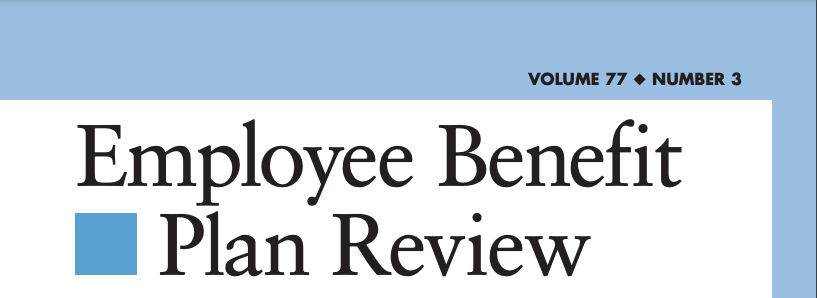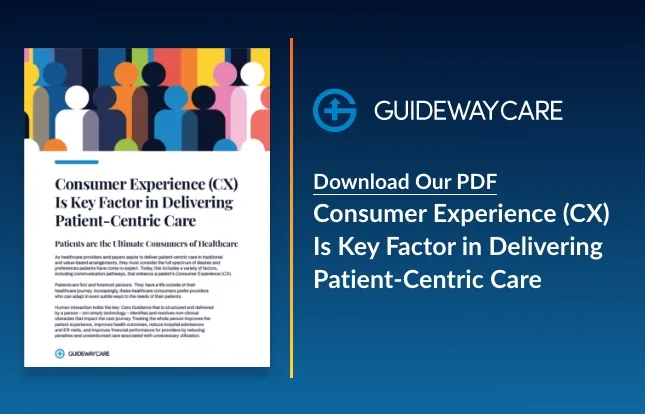Care Guidance: Positive Impact on Employer Direct Contracting

- Shapes the pathway to a better member experience and satisfaction with benefits packages
- Enhances direct contracting opportunities for at-risk provider organizations
- Lowers costs, lessens avoidable expenses for hospital admissions, readmissions and expensive interventions
- Ensures better outcomes
“Human Patient Monitoring: Meeting Employers’ Great Expectations in Direct Contracting”
Author: Craig Parker, JD, CPA, CEO, Guideway Care
Employee Benefit Plan Review
Published 2.27.2023
Read complete article here.
As self-insured employers and Plan Sponsors face yet another year of mounting pressures to further reduce healthcare expenditures, many recognize that they can leverage their buying power to negotiate direct contracting relationships with the provider community, such as accountable care organizations (ACOs) and integrated delivery networks (IDNs). These arrangements present employers with a unique opportunity to gain control over both the quality and the escalating cost of health care benefits, allowing them to design custom-tailored programs that meet the specific needs of an employee population.
In this article, Craig Parker provides keen insights into the value of personalized care guidance to enhance the positioning of both sides in the negotiations, utilize this approach to align their respective business and economic interests and experience the benefits of improved member satisfaction, better outcomes and lower costs. Care guidance is an innovative solution as a service that maximizes efficiency, lowers total cost of care and raises quality metrics in value-based care arrangements.
“The addition of ‘human patient monitoring,’ the human touch to care coordination provided by Guideway’s care guides, literally “speaks” to patients and families, uncovers their practical, non-clinical issues, resolves barriers to accessing care and enhances the care journey,” Parker recommends. “When embedded into direct contracting arrangements with provider organizations, care guidance is clearly the pathway to a better member experience that results in avoidable expenses for hospital admissions, readmissions and expensive interventions.”
Upon reading this article, employers and providers will get a fuller understanding of the opportunity to move members from passive recipients to empowered patients that consistently care for themselves.
“This approach pays dividends, moving the needle to motivate employees toward creating lasting behavior change,” says Parker. “When specially trained care guides provide persistent, consistent person-to-person outreach, employees are positioned to better manage their condition and appropriately access care.”
Guiding the Future of Equitable Healthcare
Guideway Care provides care guidance in a solution as a service model, delivering highly trained “care guides” that operate within a scalable, technology-enabled platform. By following protocoled workflows and escalation paths, care guides also ensure that relevant clinical issues are immediately directed to the right member of the clinical team before becoming problematic, challenging and costly to treat.
Care guidance is an innovative solution as a service that maximizes efficiency, lowers total cost of care and raises quality metrics in value-based care arrangements. As a result, hospitals and their clinical staff receive needed support to deliver quality, equitable care, generate the best possible outcomes for patients and optimize financial and operational performance.
Contact us for insight into how Guideway Care, as your partner, can implement an efficient and effective care guide solution to support your clinical team and deliver on the promise of health equity based on the needs of the patient populations in your community.
Contact Us Today To Learn How We Can Help
"*" indicates required fields




